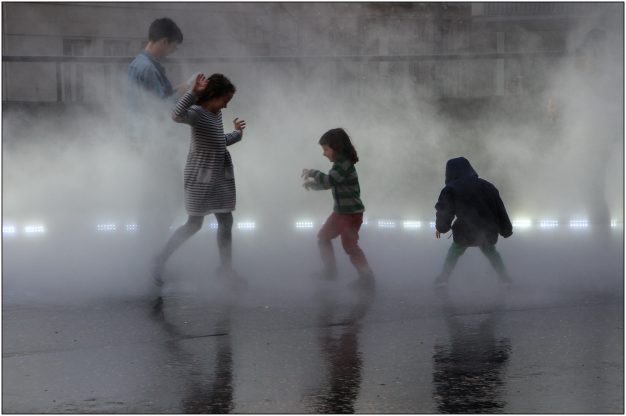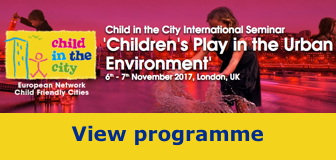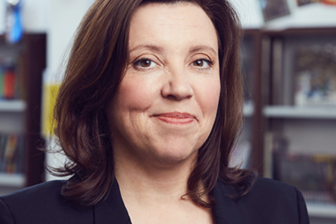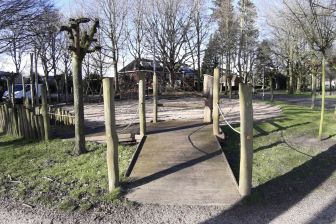
Raising awareness the key to investment in play
Like so many parts of the public and voluntary sectors, children’s play services – in the UK and elsewhere – have endured severe funding cuts over the decade since the financial crash. In this interview with our guest panelist at the Child in the City international seminar yesterday, Paul Hocker, director of London Play, talks about what is needed to make this overlooked policy area a greater priority for government.
 Why do you think children’s play is an important issue for modern cities?
Why do you think children’s play is an important issue for modern cities?
Play gives children the basics, the developmental drives that produce happy, confident, creative and healthy adults. It’s a very simple truth and that is perhaps why it is overlooked or trivialised. The word itself, ‘play’ has little impact on its own but with no convincing alternative we are left with a weakened word that for some can summon up only the mildest enthusiasm.
What are the main barriers?
A lack of understanding of play’s potency from decision makers, fund holders, policy writers, the people that set the agenda for a city’s direction. In Scandinavian countries that understanding appears to be embedded in the culture and collective consciousness – the design of their city design and how society operates reflects that. My city, London, has supported play in fits and spurts, but with a dwindling play workforce and the encroachment of ‘pay-grounds’ (see Battersea Park for a sobering example of a free Adventure Playground bring replaced by a pay-to-play option) childhood in London is looking increasingly like a bleak, housebound, over-tested life experience; a dull grey bridge to adulthood.
What do you think local and citywide government should do in response to children’s need for space to play?
Invest. Children cannot play in a society that either does not expect to see them anymore; or disapproves of children exercising their right and need to play. Play awareness training should be provided for public service workers, such as council officers, parks staff and schools – we need to get everyone on the same page.
Traffic is the big obstruction to children having the licence to play outside and connect with their community. For London this is an anachronism. Investment in public transport, more pedestrianisation in central London; bikes being given preference over private vehicles; a ban on school drop-off by car – all this would make the streets safer and cleaner. Then, just as fish return to rivers that have been cleaned up, so children will return to safer, healthier more child-friendly streets and town centres.
I would add that adventure playgrounds are the gold standard for urban play. The existing adventure playgrounds should be protected and new ones should be built. A child should be within walking distance of somewhere great to play.
What are the current challenges for practitioners and advocates for children’s play and child friendly cities?
Apathy, ignorance and the trivialisation of play all conspire to narrow play opportunities in the city.
What do you think are the gaps, if any, in the research about children’ s play in the urban environment?
I would find it useful to see mr evidence of the impact on children’s mental health where there are no places to play independently, or where there have been closures of a play services or playgrounds. It would also be interesting to know the impact upon crime statistics where older children and young people’s play needs are not adequately met. These blunt statistics seem to be a good way to get people in power to wake up to what is happening to childhood in the 21st century.
What are your hopes for what might come out of this Child in the City event in London?
Of course that people go away with new ideas; but even more useful, I think. is that people form new coalitions, clusters of like-minded people sharing similar aims and the willingness to work together to achieve them. I am so bored and dismayed by tribalism or sector protectionism. If we want to make real change happen it has to be together.
Paul Hocker is director of the charity London Play
He was interviewed by Adrian Voce




